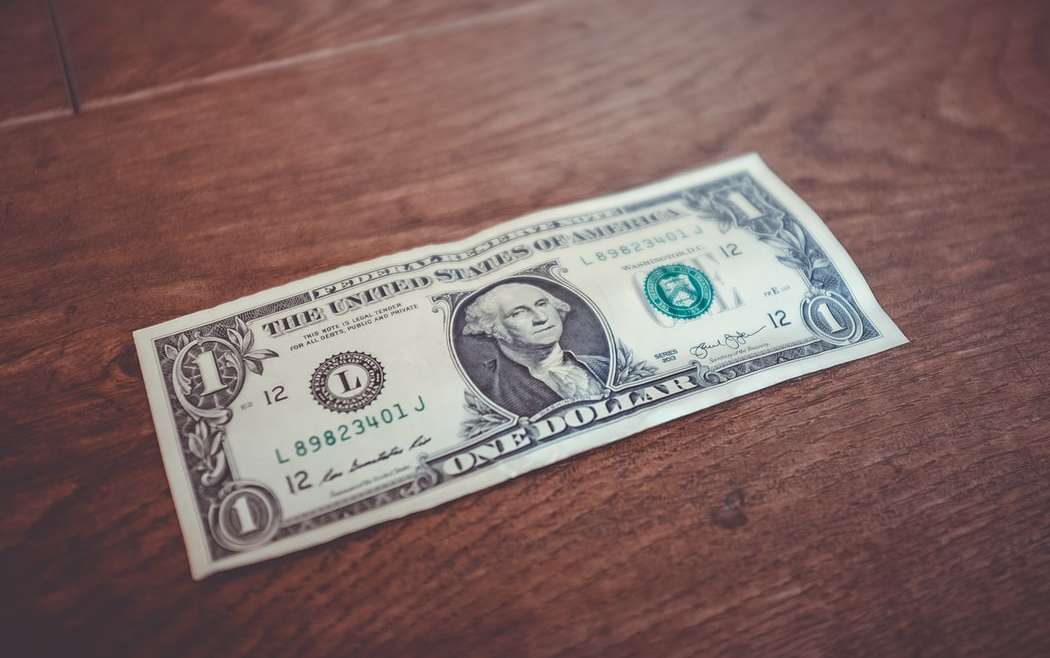One of the most common issues seen when businesspeople find themselves in trouble with debt, is that they don’t actually know what they might actually be liable for.
There is a lot of confusion about
what is a business debt – partly because there is a real cross over between
someone borrowing in a business or personal capacity.
To simplify it, we need to define
what personal and business debts might be.
If an individual borrows money in
their own name, for personal spending such as buying a TV, clothes, a car or a
house in their own name, that is clearly a personal debt.
The borrower is liable without any
ability to deny their responsibility for paying back that debt.
If they borrow money to establish,
support or fund a business, for instance borrowing $25,000 from a bank to develop
an e-commerce website to sell cosmetics, then that money is clearly being used
for business purposes, but is still a personal debt.
However, a business can have several
different structures that impacts on the personal liability of the owner or
directors.
The main business structures in New
Zealand are:
Self-employed or sole proprietor – someone
trading in their personal capacity
A partnership – several people working
together
A limited company – has its
own legal personality.
What is my personal liability as a
sole trader?
An individual is liable for business
debts when they are self-employed and run their business in their own name.
If the business owner enters a hire
purchase agreement to buy a vehicle it is a personal debt.
Also, if they sign a lease agreement
for rent of commercial premises, they are personally liable.
What is my personal liability as a
partner?
As a partner in a partnership
business, you are automatically jointly and severally liable, that is, personally
liable for all the debts of the partnership.
That means if one of your business
partners becomes personally bankrupt, you and the other business partners are
then liable for any and all the business debts of the partnership.
This can be historic, for example if
a leaky home case is filed against an architectural partnership that designed
the house but is no longer trading – then the partnership and the individual
partners are still liable.
If one partner is insolvent, the
solvent partners take full liability for the outcome of the leaky home hearing
and the costs awarded to the building owner.
What is my personal liability as a
director or shareholder?
Essentially, directors and
shareholders cannot be naïve and think they are protected if their company goes
bust.
There are lots of ways a director or shareholder
can be liable for the debts of the company.
· If a director or shareholder gives a personal guarantee in respect of
the company’s debt, they become personally liable for that debt.
· Directors and shareholders are liable if they allowed the business to trade
fraudulently or recklessly, and they are found liable by a liquidator or the court
for some or all of the company debts.
· There is personal liability if the Inland Revenue proves that some of
the debts of the company relate to trust funds that were inappropriately
administered by the directors or shareholders.
· If an overdrawn shareholder loan account accrues, it is then repayable
by the shareholders as a loan to the company.
· When drawings or dividends drawn are excessive it is much the same as
taking a loan from the company and if the business goes bust – the directors
will need to repay the funds.
· The same goes for making excessive personal expense claims against a
company, for example buying a fishing boat and claiming it as sponsorship or
vehicles.
· Also, if you have borrowed money in your own name and invested that
money in the company by way of shareholder advances or share capital then you
are still liable to the lender for that loan, even though you didn’t personally
use the money – the business did.
Personal debt risks with guarantee liabilities
Guarantee debts normally arise where
a director or shareholder has signed the following in their personal capacity,
as well as director or shareholder:
· Bank loans
· Finance company loans
· A property lease, even if that lease is subsequently assigned
· A lease, finance or hire purchase agreement for plant, equipment or
motor vehicles
· A service agreement in respect say phone, computer or other services
· An agreement with a trade supplier, which sometimes may not explicitly
state that a director or shareholder may be personally liable, but may be as a
signatory to the agreement
Depending on the nature of the
guarantee, the creditor may also be secured by assets owned by the guarantor, a
family trust or other person, and sometimes this again may not be clear in the
terms and conditions.
As with any agreement, a person
really must fully read the documentation presented to them so that they don’t
inadvertently give a guarantee, when they had no intention of doing so.
Taking legal advice before signing
any documentation is therefore advisable.
Keeping track of your personal liabilities
One of the most common issues seen
when businesspeople find themselves in trouble with debt, is that they don’t
actually know what they might actually be liable for.
Maintaining a list of any guarantees
given is therefore advisable.
Getting into serious debt, or even
considering bankruptcy, isn’t part of business owner’s plan.
With good financial literacy, advice
and planning it can be avoided but should things get out of control it is
stressful.
However, there are solutions and
bankruptcy should be the last option rather than the first port of call for
entrepreneurs.

